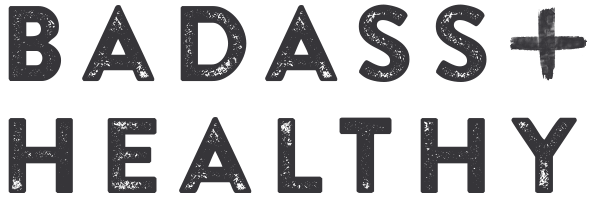The key to any successful diet is sustainability. “Diet fads come and go, but individuals, with their doctors’ input, need to choose what works for them. Otherwise, you’re going to gain the weight back the second you go off the diet,” says Emily Peterson, dietitian and owner of Suitable Nutrition. Curious if the uber-popular ketogenic diet might work for you? Peterson provides the following insight to help you decide if it’s a good fit.
Learn the Keto diet’s key principles:
The Basics of Eating Keto: Your Macronutrients
The keto diet is a high-fat, moderate-protein and low-carbohydrate eating pattern made up of 75% fat, 20% protein and 5% carbs. This means you’ll be consuming mostly fats from foods such as nuts, eggs, oils, cheeses, avocadoes, coconut, meats and milk. “It almost flips the old nutrition pyramid upside down. Based on a 2,000-calorie diet, 75% fat means about 166 grams of fat each day—it’s a lot. Just a glass of milk and an apple will put you over the 5% percent carbs,” she explains.
What Your Body Does on The Keto Diet
Carbohydrates are typically the main source of energy for your body. “If you’re restricting those to such a low level, the body reverts to ketogenesis, which is the utilization of fatty acids called ketones for fuel. Producing ketones instead of glucose as an alternative energy source is what can help you lose weight,” Peterson says. “The human body has evolved with this ability so that, in times of famine, the body uses its fat as its primary source of energy.”
The Potential Pros to Keto
The good aspects of the diet include that you don’t have to count calories, it can help improve glycemic control for people who are diabetic and it can help you feel full longer. “Research has shown that you can lose weight with keto. However, sometimes that weight loss in the beginning can be water weight as carbs store water,” Peterson says. Additionally, if you’re eating mostly unsaturated, plant-based fats, it can help lower cholesterol.
Keto’s Main Cons
It is not the right choice for people with a history of heart disease or health issues related to the pancreas, liver, thyroid or gallbladder. It’s also a no-no for those whose gallbladder, which helps process fats, has been removed. “It might increase the lipid profile and cholesterol levels of those with a family history of cardiovascular disease. It’s important to work with your doctor and know what your levels are, and to be monitoring those,” Peterson says. It can also increase the risk of kidney stones and following it for a long time could lead to fatty liver disease. Bad breath is another common side effect. Plus, it’s not the right choice for highly active people who need carbs for fuel.
What to Expect from Ketosis
For some, the “keto flu,” or feeling low energy and unwell, will set in for the first week or two while the body is making the switch from carbs to fat as a primary energy source. Cutting back on high-fiber vegetables and fruits can lead to constipation, so Peterson recommends taking a fiber supplement. Additional supplements may be needed to balance vitamin and mineral deficiencies, too. To make sure you are in ketosis, you need to measure the keytones in your urine often. To start, test once a day with an at-home test.
The bottom line is the keto diet can be a tool for weight loss, but Peterson says, “The jury is still out on the long-term benefits.” It seems like the cons outweigh the pros on this one. Instead, consider a diet high in fruits and vegetables, whole grains and lean proteins like fish and chicken.
Like this topic and want more about nutrition? Check this article out about Eating for Your Genes.

